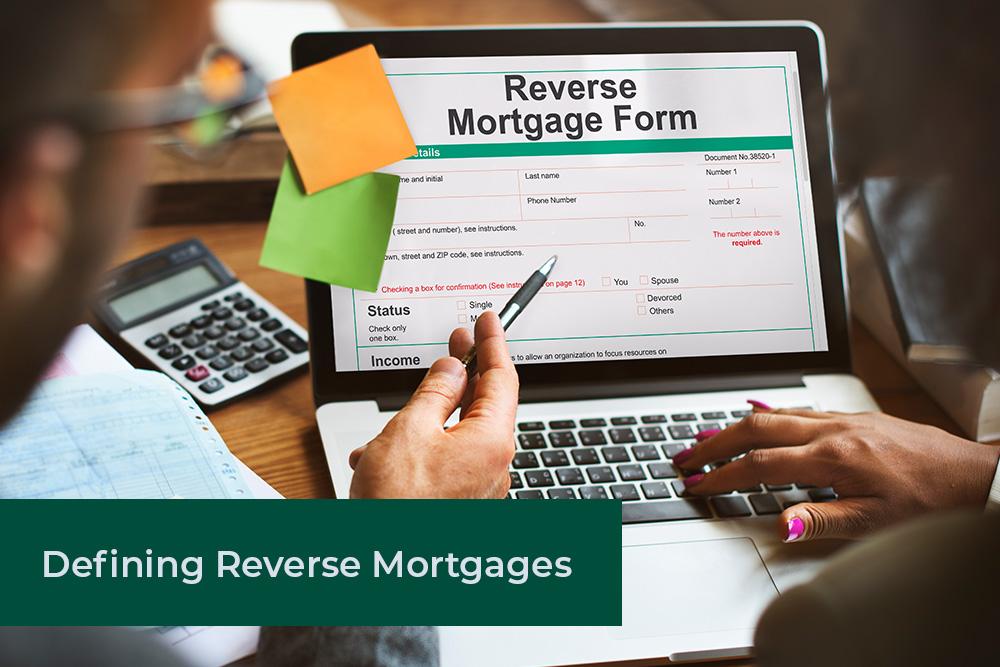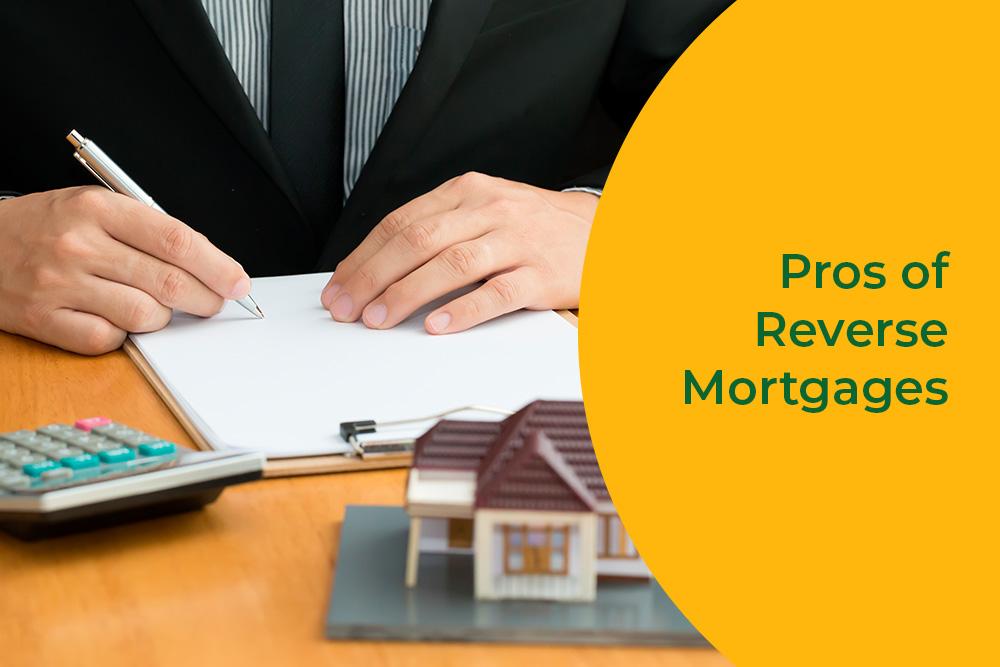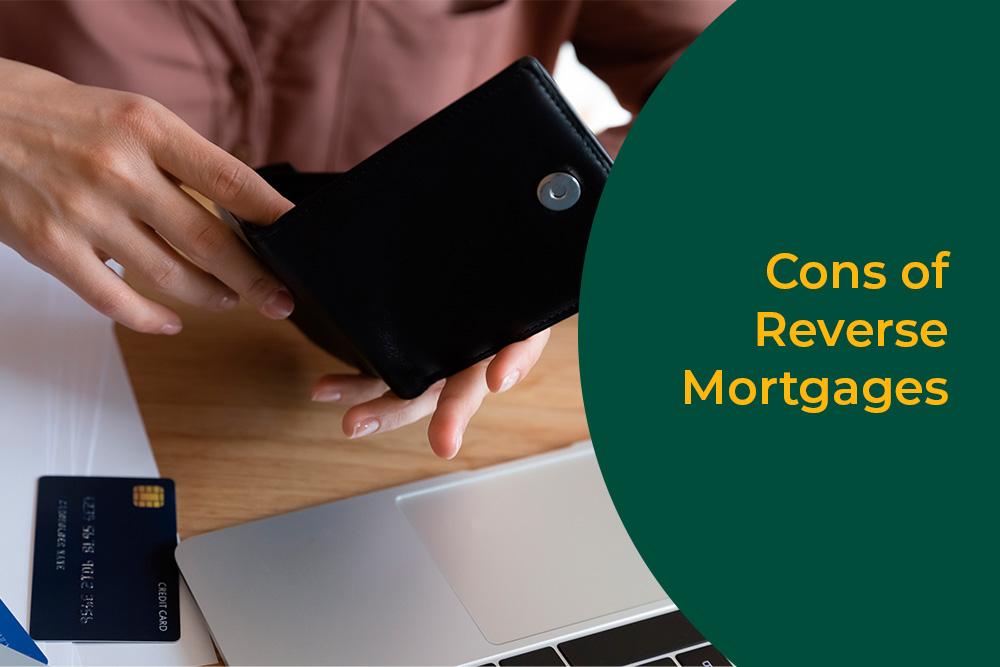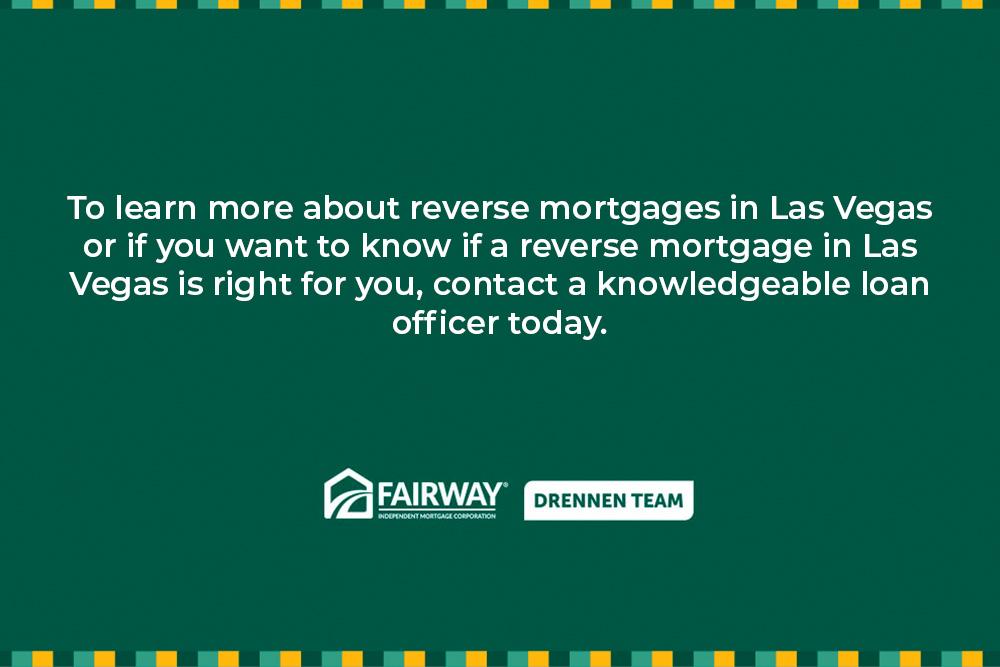A popular loan option available to some homeowners is a reverse mortgage. A reverse mortgage in Las Vegas is a type of financial agreement that provides qualified homeowners with the ability to convert some of the value of their home into cash. Reverse mortgages are available for single-family homes, condos, multi-unit properties, townhomes, and manufactured homes built in June 1976 or after.
Reverse mortgages may be suitable for senior homeowners. They provide substantial funding for people who may not have a steady income, and they can also help homeowners pay off the cost of their existing mortgages. The cash can be used for a variety of other reasons, too. When you’re considering reverse mortgages in Las Vegas, you need to make sure you meet all the qualifying criteria and understand what risks and responsibilities come with the mortgage.
To be eligible for a reverse mortgage in Las Vegas, homeowners must meet minimum age requirements and own their own home. The minimum age rule applies to the youngest person who owns the home if multiple people are homeowners. Only single-family residential structures qualify for a reverse mortgage, and co-operative type homeownerships are not eligible for a reverse mortgage. A reverse mortgage can provide seniors with a source of cash even if they don’t have an income, and there is no credit score requirement for this loan.

Defining Reverse Mortgages
A reverse mortgage is a type of loan that is available solely to homeowners who are 62 or older. Essentially, reverse mortgages in Las Vegas are the opposite of conventional loans. With a conventional loan, the homeowner takes out a loan to buy the house and pays the lender back over time. A reverse mortgage is designed for people who already own a home. With this type of loan, you’ll be able to convert a portion of your home’s equity into cash. This loan takes the money directly from the remaining equity on your home, so you won’t need to make any monthly payments. Instead, you will be provided with these funds as a line of credit, lump sum, or structured payments that are given to you each month. Homeowners commonly use cash to supplement their retirement income. Reverse mortgages are issued either through government-backed programs or private lenders. Borrowers must have a considerable amount of equity in their home; usually no less than 50% of the property’s value, or they must have paid off their home in full.
To get started with a loan, a borrower will need to find a lender to fund the mortgage. Once the reverse mortgage is secured, borrowers can use the money for expenses that are permitted in their loan agreement. There may be restrictions on some uses, such as renovations or improvements to the home, but others have flexible policies and do not have limitations on how the borrower can use the funds. Loans generally last until the borrower moves, sells their home, or dies. Once the loan has been repaid, the borrower gets any remaining money.
Reverse mortgages in Las Vegas have different requirements for loans from private lenders and government lenders. Homeowners who get government-backed loans are usually required to attend a counseling session before they take out a loan. They must also pay off their property taxes as scheduled and generally keep their property in good condition. Homeowners must also pay off their homeowner’s insurance on time. In addition, reverse mortgages backed by a private lender generally have their own requirements, but they vary by loan program and the lender.
Pros of Reverse Mortgages

Reverse mortgages have many benefits. One is that, unlike many other loans, reverse mortgages do not have an income requirement, and you don’t need a specific credit score. That makes them an appealing option for people who are no longer working or who have a credit score that’s lower than average. Seniors who obtain money through reverse mortgages can typically borrow a substantial amount, making a reverse mortgage a good option for those who want to feel more comfortable in retirement or facing significant expenses.
Although homeowners can’t borrow as much as their home’s appraised value, they can borrow up to the Federal Housing Administration’s maximum limit of $765,000. Even though this money is taken from the equity of the home, you still keep the title for the house and can live in it. The fact that you have several options for how to receive the money makes this a highly desirable type of loan. You can also use these funds to pay off the remaining mortgage amount you owe for the house. The funds used from a reverse mortgage are not considered to be taxable income. Depending on their needs and preferences, homeowners can also choose whether to get a government-insured loan or get a loan through a private lender.
Cons of Reverse Mortgages

In addition to their many benefits, reverse mortgages also have some downsides. One is that the interest rates can change, which means the total loan amount can increase over time. Fees can also be higher than those associated with standard mortgage types. The loan amount must eventually be repaid when the last borrower passes away, which may mean that the borrower has to sell the home to repay the loan. Borrowers may also face more fees with their reverse mortgage depending on the type of loan they get. While it’s possible to secure a reverse mortgage without an income or good credit rating, you may need to pay a mortgage insurance premium with your loan, which helps protect the lender in case you default. Reverse mortgages backed by the government often have a 2% mortgage insurance premium rate and annual premium rates, which are about 0.5%.
To learn more about reverse mortgages in Las Vegas or if you want to know if a reverse mortgage in Las Vegas is right for you, contact a knowledgeable loan officer today.









